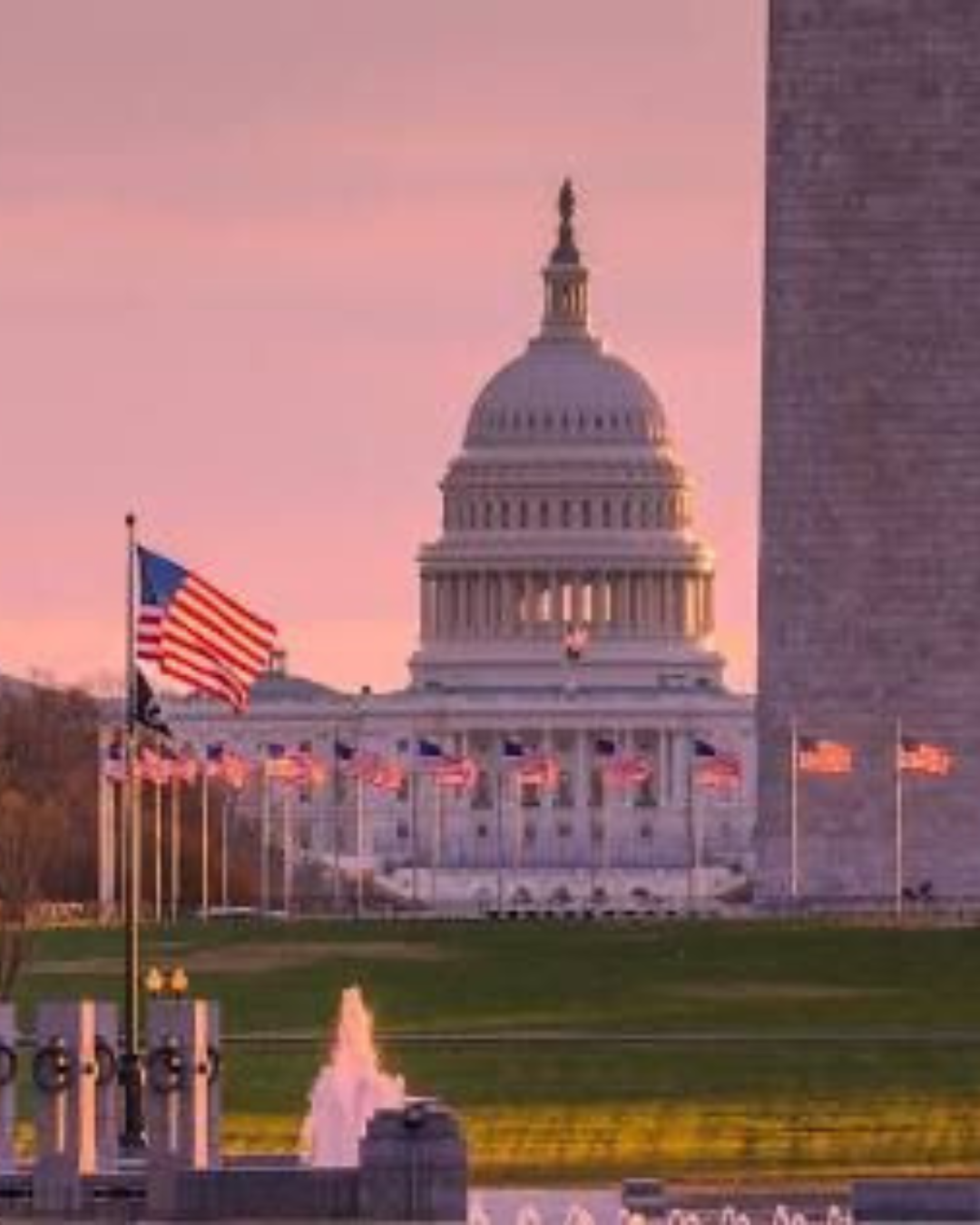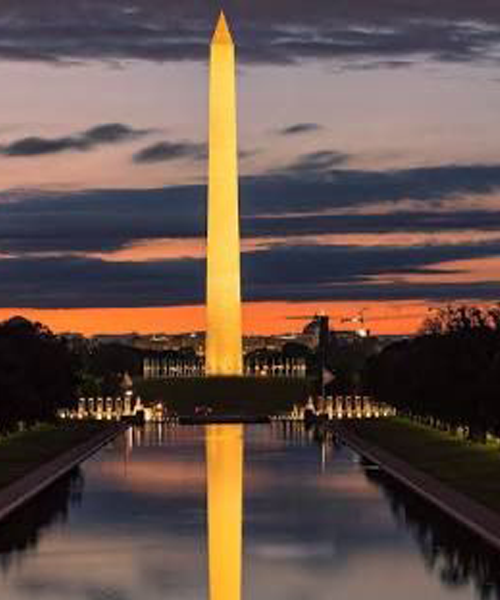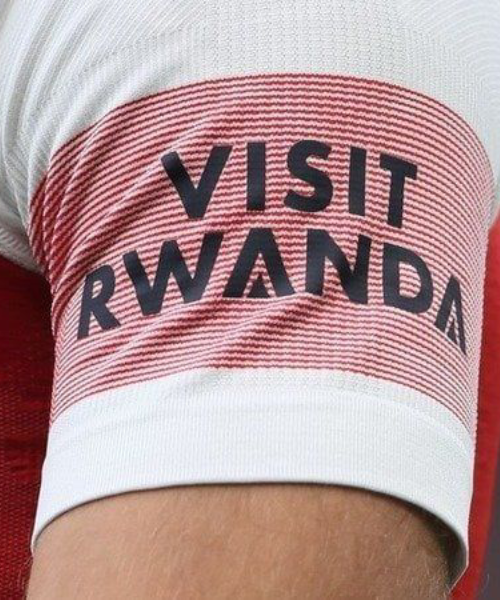As the global balance of power shifts, Africa has once again become a theater for competing visions of international engagement. Nowhere is this more evident than in the debate over sovereign debt. China, the continent’s largest bilateral creditor, is carefully recalibrating its African debt strategy, balancing its long-standing bilateral arrangements with new gestures of cooperation under the G20 Common Framework for Debt Treatments.
The discussion is particularly relevant for Djibouti, Ethiopia, and Kenya, three East African nations whose infrastructure-heavy borrowing from Beijing has left them grappling with significant repayment burdens.
China’s New Tone Amid Global Power Politics ,China’s President Xi Jinping has signaled a softer diplomatic posture on African debt. While Beijing insists that its loans have fueled much-needed infrastructure—from Djibouti’s Doraleh port complex to Ethiopia’s Addis Ababa–Djibouti railway and Kenya’s Standard Gauge Railway—it now faces mounting criticism that its lending practices have exacerbated debt distress.
At the same time, U.S. President Donald Trump’s return to the White House has revived power-politics rhetoric, with Washington openly framing Africa’s debt dilemma as a fault line in the broader geopolitical rivalry with China. By contrast, Beijing has sought to present itself as a constructive partner, aligning with Western creditors under the G20 framework while still keeping the option of direct bilateral restructuring on the table.
Djibouti: A Strategic Test Case ,Djibouti, which hosts both China’s first overseas military base and a U.S. naval installation, embodies the strategic stakes. Nearly two-thirds of Djibouti’s public debt is owed to China, leaving the tiny Horn of Africa nation vulnerable to external shocks.
In recent weeks, Chinese negotiators have indicated a willingness to consider debt reprofiling under the G20 framework, though Djiboutian officials privately stress that bilateral talks remain their preferred channel—a reflection of Beijing’s historically flexible repayment terms. For China, Djibouti is more than a debtor; it is a strategic foothold at the entrance of the Red Sea.
Ethiopia: Between Default and Development ,Ethiopia, Africa’s second-most populous country, is in the midst of a delicate post-conflict economic recovery. After defaulting on a Eurobond in 2023, Addis Ababa has relied heavily on Chinese-funded infrastructure, including industrial parks and energy projects, to revive growth.
However, Ethiopia’s total debt to China—estimated at over $13 billion—remains a heavy burden. Under the G20 Common Framework, Ethiopia has been negotiating with both Western and Chinese creditors for relief. Yet, Beijing has pushed to differentiate commercial loans from concessional lending, seeking to avoid setting a precedent that could affect its broader portfolio across Africa.
Kenya: Election Promises Meet Fiscal Realities ,Kenya provides perhaps the most politically charged example. President William Ruto came to office promising to renegotiate Chinese debt, particularly the multi-billion-dollar loans tied to the Standard Gauge Railway (SGR).
Facing mounting repayment obligations—estimated at $1.6 billion annually through 2027—Nairobi has welcomed Beijing’s more conciliatory tone under the G20 framework. Still, Kenyan officials are careful not to jeopardize future infrastructure partnerships, with China still regarded as a reliable builder of big-ticket projects.
Conciliatory Moves, Strategic Reserves ,China’s approach reflects a two-track strategy:
Analysts note that this allows China to signal international responsibility while simultaneously preserving its strategic influence in Africa.
Outlook ,With Trump’s administration pressing for sharper geopolitical divides, Beijing appears intent on blunting criticism by showing willingness to engage multilaterally. Yet, the underlying reality remains: China’s vast African lending—particularly in Djibouti, Ethiopia, and Kenya—anchors its strategic footprint on the continent.
Whether the G20 Common Framework will genuinely ease the debt burdens of these nations, or simply provide Beijing with diplomatic cover, remains to be seen. What is clear is that Africa’s debt story is no longer just about economics—it is a frontline in the contest over global order.











